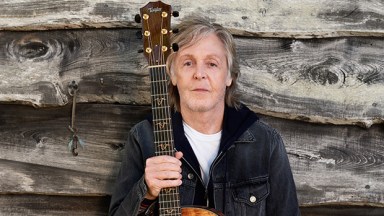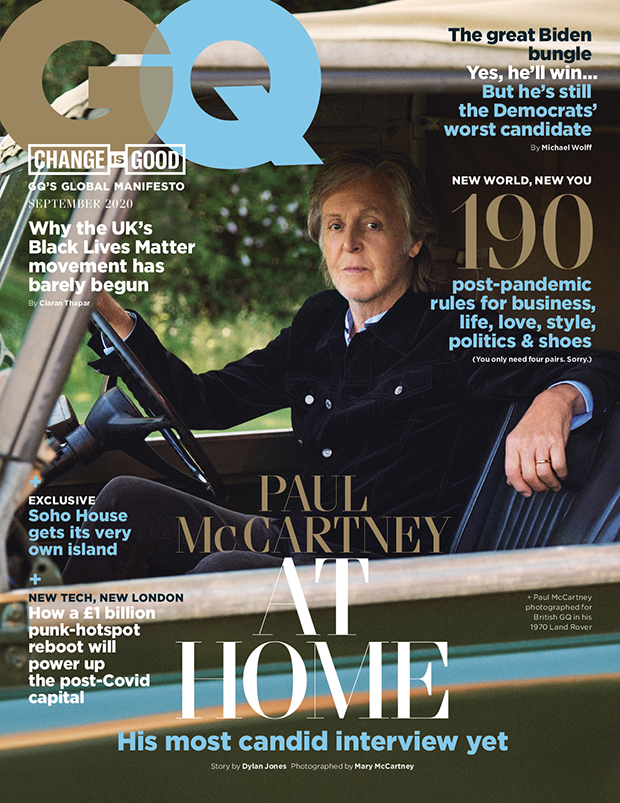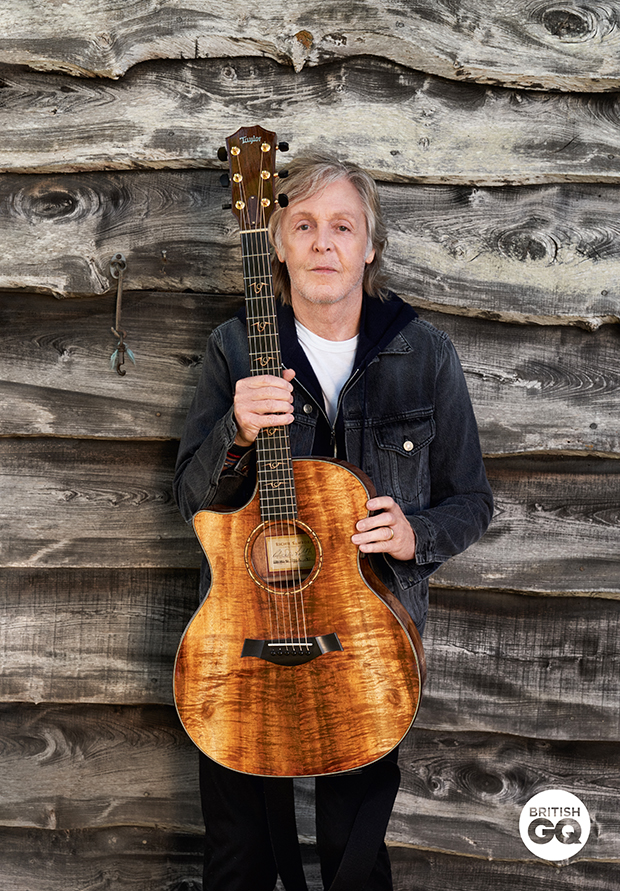
It has been roughly 50 years since the members of the legendary rock band The Beatles — Paul McCartney, John Lennon, Ringo Starr, and George Harrison — made the choice to go their separate ways after taking the world by storm for a decade. In that time, there have been plenty of stories about the iconic band’s history, relationships, and inspirations to go around. But Sir Paul McCartney is ready to set some of those rumors and myths straight, including the origin of Lennon’s 1971 song “How Do You Sleep,” which is partially inspired by McCartney.
Following a legal squabble that continued well into the mid 1970s after the band’s split, McCartney recalled “reading an article, an interview with Yoko [Ono], who, OK, she was a big John [Lennon] supporter, I get that, but in this article she goes, ‘Paul did nothing. All he ever did was book studio,'” he admitted in a profile for the September issue of British GQ. Naturally, McCartney was flummoxed by Ono’s words, even remembering that his response was “‘Err? No.'”

The Beatles’ frontman even admitted that, because of the people Lennon was surrounding himself with, there was “the atmosphere of ‘Let’s get Paul. Let’s nail him in a song…’ And those things were pretty hurtful.” It’s difficult for McCartney to recount such tension between his former band member and friend, who was killed at the age of 40 in New York City in 1980. But, then again, McCartney is familiar with assumptions about the band’s breakup.
“I suppose that when The Beatles broke up, perhaps there was a misconception that we all sort of hated each other,” the rock and roll legend, 78, shared of the aftermath of the band’s 1970 split. “What I realize now is that, because it was a family, because it was a gang, families argue. And families have disputes. And some people want to do this and some people want to do that,” he confessed in the intimate profile.

It was, of course, a very difficult position for McCartney to be in, but he told the outlet that, had he not, “it would have all belonged to Allen Klein. The only way I was given to get us out of that was to do what I did. I said, ‘Well, I’ll sue Allen Klein,’ and I wasn’t told I couldn’t because he wasn’t party to it. ‘You’ve got to sue The Beatles.’”
McCartney and Lennon never recorded music again after The Beatles’ split, although they appeared on Starr and Harrison’s subsequent solo albums. McCartney has continued to have a flourishing solo career decades after The Beatles’ split, and still fondly pays tribute to the incredible band, and its members, all of these years later.


